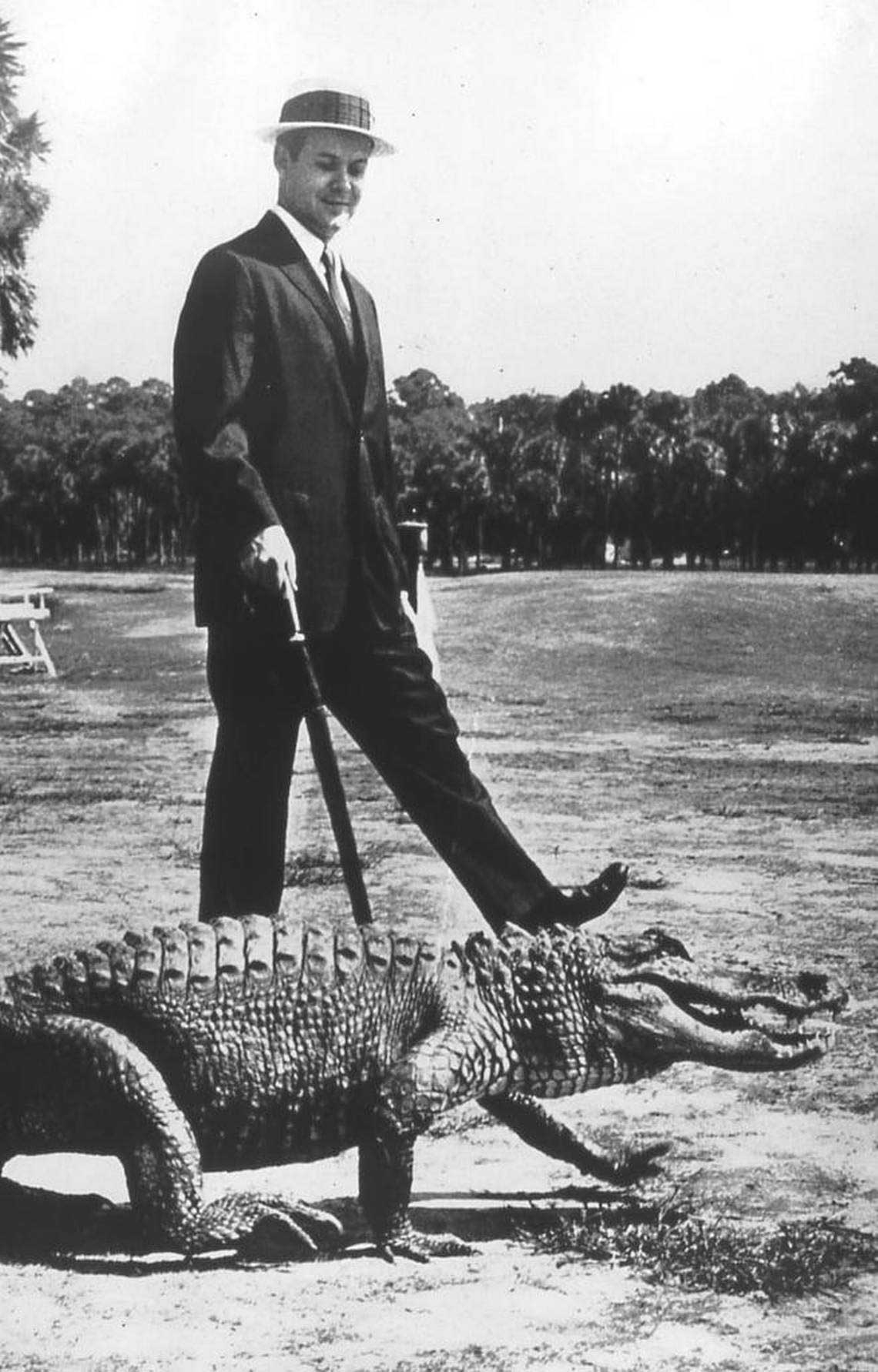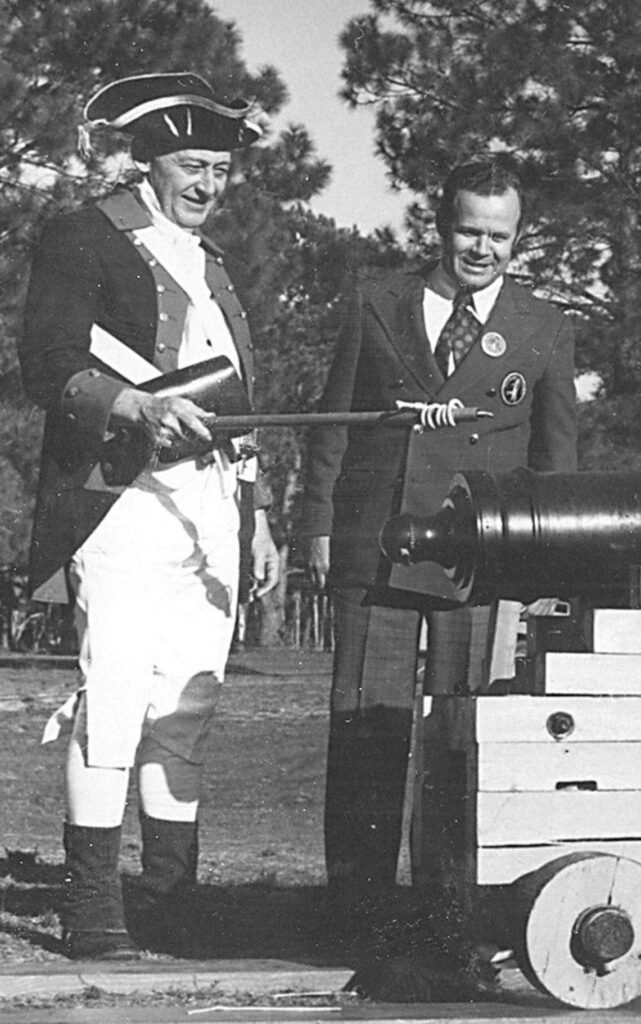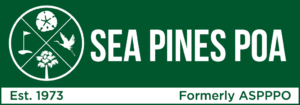Remembering Charles Fraser, the visionary and ‘benevolent despot’ who shaped Hilton Head
By David Lauderdale The Island Packet and Beaufort Gazette
December 12, 2020 09:00 AM
Reposted with permission of The Island Packet
At the dawn of 1973 — when, by comparison to today, Hilton Head Island was so desolate missionaries could get lost in its thick jungles — Charles E. Fraser fired off a warning to future generations.
What the island needed to challenge new developers, he wrote, was “five fired-up, impolite, unreasonable, opinionated old men and women in hiking boots and with a typewriter at their desks, and a willingness to spend a little time at the Beaufort County Courthouse to check to see if any conservation easements have been recorded in the various plantations of Hilton Head Island, in order to prepare a map showing exactly where the permanently protected easement areas are to be … “
That was our Charles Fraser, a real piece of work.
Fraser died before his time on Dec. 15, 2002. He was the victim of an accident on a boat.
It’s a sad time for Hilton Head. I feel like we’re on our own now. I was at The Packet many years ago on the night we got a late call about the death of the other patriarch of modern Hilton Head development, Fred C. Hack. It’s still the only time I’ve heard an editor say, “Rip up the front page.”
The news of Fraser’s death came as a rip at the heart. Gov.-elect Mark Sanford had a typical reaction as word flew around. It was a deep, guttural, “Uh.”
Fraser was an endearing character.

Fraser brandished with great flourish the arts, the law, the Bible, the history of Western civilization and reams of demographic projections — to sell lots.
But it’s almost as if the lots were incidental. He wanted to know mankind and massage an environment that they would enjoy. It frustrated him when others did not appreciate nature, and he had sharp words for them.
His closest friends say he was not about real estate sales or making a fortune. They say he was an artist, and what you see today in Sea Pines was his muddy palette. Horses here, gardeners there, a church at the corner, and Gregg Russell singing to smiling families beneath the Liberty Oak. And maybe Fraser’s beloved Compass Rose sailboat bobbing in Calibogue Sound.
But despite all the master plans and land-use covenants Fraser has filed away in the Beaufort County Courthouse, a lot of what happened here seems to have happened on a wing and a prayer.
Donald O’Quinn told that story when I called him at his new home in Pawleys Island the day after Fraser’s death. O’Quinn is a Bluffton native who for decades worked side by side with Fraser. He got the news from his long-time colleague, Thomas Norby.
Fraser was a lightning rod for decades as his concepts turned into real people living in real houses on crooked streets named for shorebirds. Sometimes the people would call him an “insistently benevolent despot.” And sometimes he would call them “druids.”
“I don’t think even Charles himself knew what was going to happen,” O’Quinn said.
Fraser seemed to thrive on the give-and-take about good development, bad development and no development at all.
One time I covered his speech to an assembly at the old Sea Pines Academy. In the question-and-answer session, Fraser found out how young the grumbling starts. He was asked by a child what he was going to do about all the newcomers messing up the island.
Fraser’s voice boomed out: “If you are white and your name is not Hudson or Toooomahhhh (Toomer), you, my deah friend, are a newcomah to Hilton Head Island.”
You know he had to love it.

